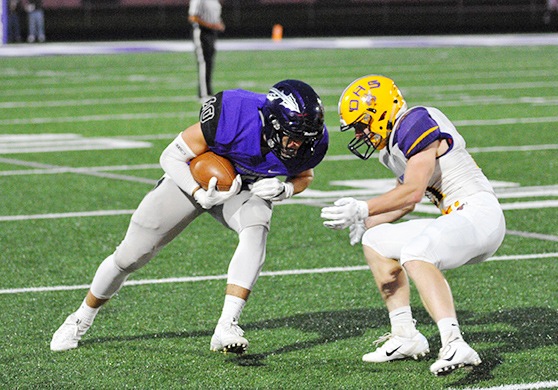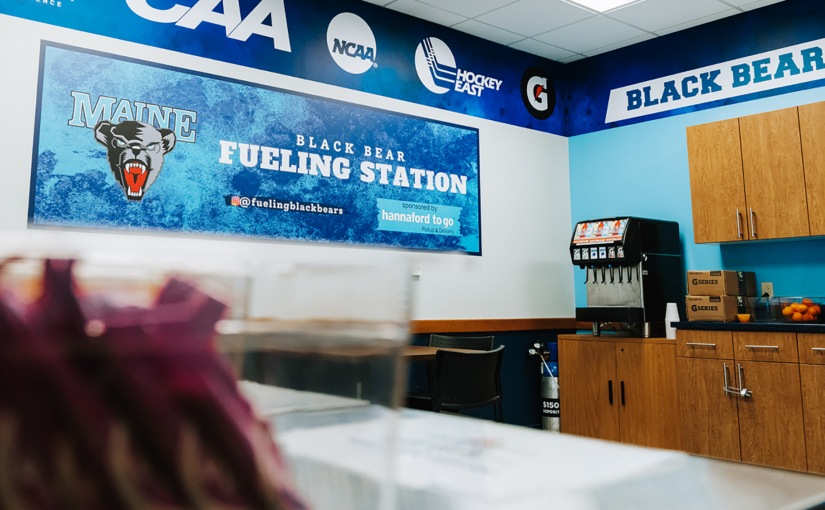University of Pittsburgh brain bank now accepting donations
A brain bank out of the University of Pittsburgh is now accepting donations from former players in an effort to further understand the effects of sports-related concussions.The National Sports Brain Bank (NSBB) at the University of Pittsburgh is aiming to track the health of living players on a yearly basis and eventually autopsy their donated brains after death.
 A recent story from UPI.com detailed the efforts of the NSBB program and named two former NFL players who have joined the effort.
A recent story from UPI.com detailed the efforts of the NSBB program and named two former NFL players who have joined the effort.
Below is an excerpt from the UPI.com story.
“We want to follow prospective donors longitudinally while they’re still alive and get information from them about their sports participation, trauma, history, other medical histories, any symptoms they may experience,” said NSBB Director Dr. Julia Kofler.
“We can then correlate their clinical information with what we see down the road under the microscope, at the time of autopsy,” she said.
Two former NFL stars — Hall of Fame running back Jerome Bettis and former Pittsburgh Steelers running back Merril Hoge — pledged at a news conference announcing the NSBB to stand among the first group of pro athletes who will participate in the brain bank.
Bettis said he’s taking part as a way of giving back to professional football, and also potentially help protect his children’s health.
» ALSO SEE: ORU Athletics opens Mike Carter Athletic Center
“I’m a father and my son plays high school football. My daughter played high school basketball. She had multiple concussions,” Bettis said. “For me, it’s important that I be that role model to show that we have that job, if you will, as a parent, to help protect our children. And that’s providing the information that can possibly help my son or my daughter in later years so that we can understand what we’re dealing with and do a better job with the next generation.”
Sports concussions have been linked to a neurodegenerative disease called chronic traumatic encephalopathy (CTE), but one of the challenges in researching CTE is that patients are often studied only after death, Kofler said.
To read the full story from UPI.com about the brain bank, click here.







